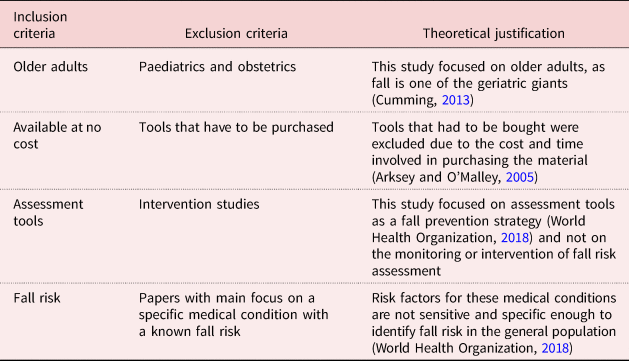What Does Dementia Fall Risk Mean?
What Does Dementia Fall Risk Mean?
Blog Article
Fascination About Dementia Fall Risk
Table of ContentsThe Dementia Fall Risk IdeasWhat Does Dementia Fall Risk Mean?Some Known Facts About Dementia Fall Risk.Dementia Fall Risk - TruthsThe smart Trick of Dementia Fall Risk That Nobody is Talking About
The FRAT has 3 areas: drop risk status, threat element checklist, and activity plan. An Autumn Risk Condition consists of data concerning history of current falls, drugs, emotional and cognitive standing of the individual - Dementia Fall Risk.If the individual ratings on a danger variable, the corresponding number of points are counted to the client's loss threat score in the box to the much. If a patient's fall danger rating completes five or higher, the person is at high danger for falls. If the person scores only 4 factors or reduced, they are still at some threat of falling, and the registered nurse needs to utilize their ideal clinical analysis to take care of all loss risk elements as component of a holistic care plan.
These standard techniques, in general, aid establish a risk-free setting that minimizes unintentional drops and defines core preventative procedures for all people. Signs are essential for people at danger for falls.
The Greatest Guide To Dementia Fall Risk
As an example, wristbands ought to consist of the patient's last and initial name, date of birth, and NHS number in the UK. Details should be printed/written in black against a white history. Only red shade should be used to indicate unique client standing. These referrals are consistent with current advancements in individual identification (Sevdalis et al., 2009).
Things that are as well much might need the individual to connect or ambulate needlessly and can potentially be a risk or contribute to falls. Aids avoid the client from going out of bed with no assistance. Registered nurses reply to fallers' telephone call lights faster than they do to lights started by non-fallers.
Visual problems can substantially create drops. Keeping the beds closer to the flooring decreases the threat of falls and serious injury. Putting the cushion on the floor substantially minimizes autumn risk in some health care setups.
Not known Facts About Dementia Fall Risk
People that are high and with weak leg muscles who attempt to sit on the bed from a standing position are likely to fall onto the bed because it's too reduced for them to reduce themselves safely. Also, if a high client attempts to stand up from a reduced bed without aid, the client is likely to fall back down onto the bed or miss out on the bed and fall onto the flooring.
They're developed to promote prompt rescue, not to protect against falls from bed. Aside from visit bed alarms, raised supervision for high-risk patients likewise might aid stop drops.
-copy-5.jpg)
Individuals with a shuffling gait rise over here loss opportunities considerably. To lower loss risk, footwear ought to be with a little to no heel, slim soles with slip-resistant tread, and sustain the ankles. Encourage individual to make use of nonskid socks to prevent the feet from moving upon standing. Motivate individuals to wear proper, well-fitting shoesnot nonskid socks for motion.
Some Known Facts About Dementia Fall Risk.
In a research, homes with adequate lighting record fewer falls (Ramulu et al., 2021). Improvement in illumination at home might decrease autumn rates in older grownups.

Sitters work for assuring a protected, protected, and secure setting. Nevertheless, research studies demonstrated extremely low-certainty proof that caretakers reduce fall danger in intense treatment hospitals and only moderate-certainty that options like video tracking can lower sitter usage without increasing fall risk, suggesting that sitters are not as useful as initially believed (Greely et al., 2020).
Some Known Facts About Dementia Fall Risk.

Boosted physical conditioning decreases the risk for drops and limits injury that is received when autumn transpires. Land and water-based workout programs might be in a similar way advantageous on equilibrium and gait and thereby reduce the threat for falls. Water workout might add a positive advantage on equilibrium and gait for ladies 65 years and older.
Chair Rise Workout is an easy sit-to-stand workout that aids strengthen the muscular tissues in the thighs and butts and enhances mobility and self-reliance. The objective is to do Chair Increase exercises without making use of hands as the client becomes stronger. See resources section for a detailed guideline on just how to perform Chair Increase workout.
Report this page